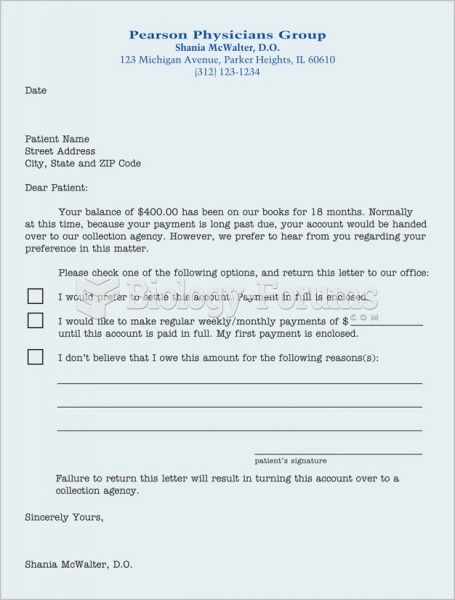Attorney Evans lost a motion for a new trial. In his anger, he wrote a letter to the judge accusing him of making the adverse ruling based on religious bias because both the judge and opposing counsel are Jewish, and Evans is not. While appealing the judge's ruling, Evans wrote to the judge: I feel that your Ruling was either the result of your incompetence in the matter or perhaps worse and reflected a Jewish bias in favor of the Kaplan firm whose actions were in my judgment inexcusable in this cause. If in fact it represents incompetence I will drop the matter but if it is a Jewish bias I will file a complaint under the Rules for Handling Complaints of Judicial Misconduct or Disability. Evans:
A) will be found to be incompetent to continue to practice law because his letter was discourteous, prejudicial to the administration of justice, and defamatory.
B) may be found to be incompetent to continue to practice law only if he loses his appeal.
C) cannot be found guilty of anything, or incompetent, because his words are protected by the First Amendment.
D) may be found to be rude, but nothing more.
Question 2
Clara Paralegal is taking some routine information from a new client (Mr. Deal) when Deal suddenly opens his briefcase and shows her a handgun. He says: This is the gun I used to kill my wife. I'm on my way to my bank to hide it in a safe deposit box. Clara says: That's not a very smart place to hide it. It's the first place the police usually look Give it to me and I'll hide it some place where they will never look and, as I won't tell you where it is, you have plausible deniability. Clara has
A) committed an act of ex parte communication.
B) aided in the secreting or hiding of evidence and committed a crime.
C) acted within the course and scope of her job so long as she checks with her supervising lawyer.
D) acted within the course and scope of her job because the gun is attorney/client privileged.







